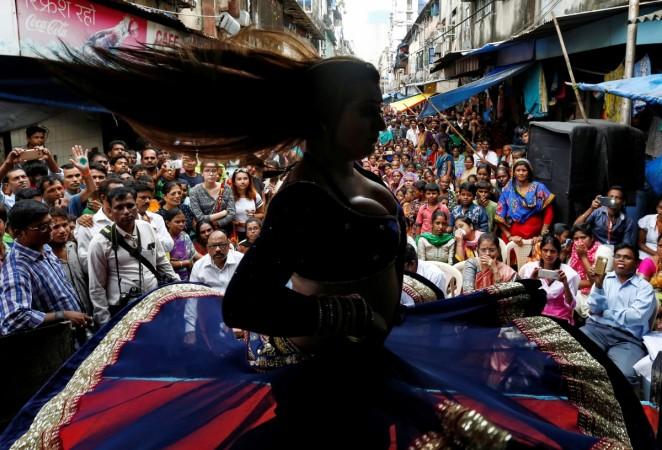
While the controversy around remarks made by Karnataka Home Minister G Parameshwara and a Samajwadi Party politician on what women should not have done on New Year's eve in Bengaluru is being hotly pursued, the question still remains as to why women have not come forward to file complaints against sexual predators.
Also read: After mass molestation on New Year's Eve, Bengaluru women call for harsh punishments
While many Bengalureans wondered why women went to the areas prone to molestation in the first place, others argued that women did not press cases due to the lack of faith in the law and order machinery and its tendency to drag its feet.
There were also rumours that many women who got molested were sex workers plying their trade on New Year's eve in the busy spots. However, the virtue of being a sex worker doesn't give the man a right to molest her.
International Business Times, India spoke to advocate Ramya, who works with Alternate Law Forum and represents sex workers, on how sex workers can seek justice and protect themselves from such atrocities.
Police primary prepatrators of violence
While sex workers are seen as victims under the The Immoral Traffic (Prevention) Act, 1956, they are still detained by the police, the advocate said.
"Sex work is partially criminalised in the Indian context," she said.
There are different categories of sex workers including those who work in streets, brothels and as escorts etc. Among them, street-workers face maximum harassment.
"Sex workers face assault and violence from law enforcement, clients and sometimes partners. Law enforcement is the primary perpetrator of violence against sex workers. They are regularly beaten, abused or called out on the street. Very often they are stalked and their videos are taken by police," she added.
Despite laws stating they can't be arrested or shouldn't be arrested after sundown without the presence of a female police officer, it continues to happen. Even when they face domestic abuse or abuse from clients, they still can't approach police as they too are abusive, Ramya said.
"It is also an easy access point for law enforcement to stop, harass or beat them. Laws don't seem to apply for sex workers."
"We (Alternate Law Forum) encourages sex workers to file complaints, but these are difficult to do since we'd have to go to the source of violence, police, to complain."
State rehabilitative centres under cloud
Once detained they are placed in the care of the state. Their families must come to claim them or someone has to represent them in the case. State homes are supposed to be a rehabilitative centres. But whether it serves the purpose is a point of contention.
"Our experience is that it acts as a detention centre in the guise of protective custody. It is claimed that skill development and vocational training are imparted in the state home. Our experience is that it is insufficient and it doesn't happen in a way that is beneficial or rehabilitative," she added.
How can sex workers protect themselves
Sex workers can help themselves by means of collectivisation- by forming groups and rallying supporters against atrocities committed by police. There are several organisations — Sadhana Mahila Sangha, Sangama, Karnataka sex workers union — to help them collectivise.
They are also encouraged to report all incidents of violence. They can file a police complaint or complaint with state human rights commission, in a court or before a magistrate.











